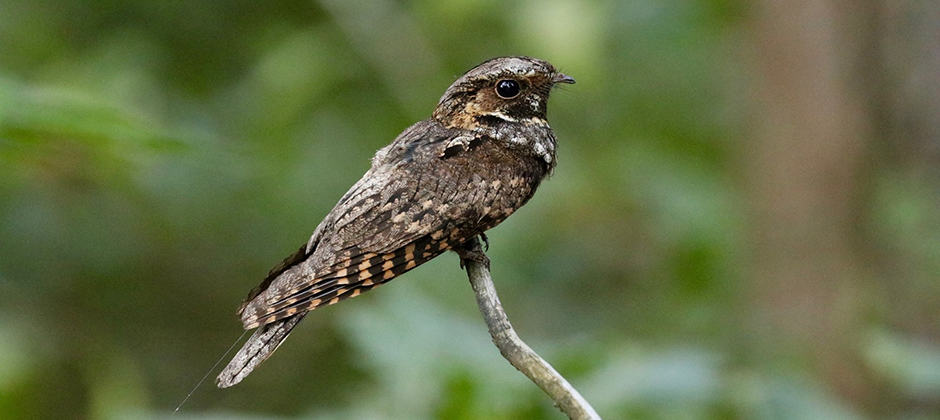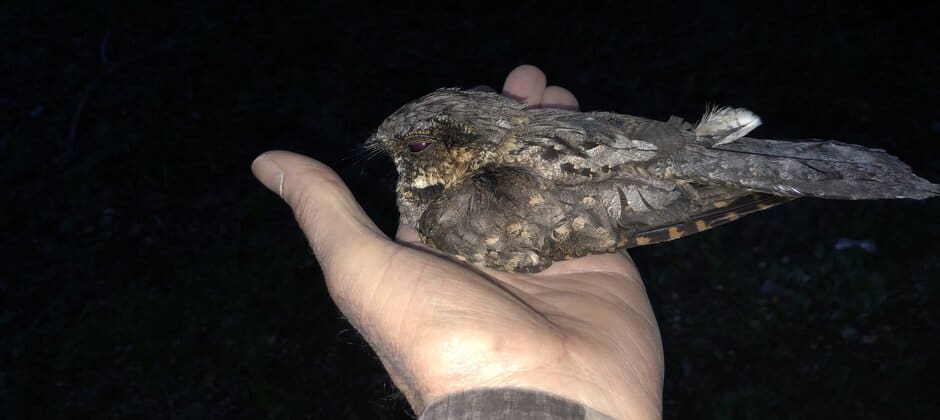- News
-
-
-
-
-
Latest News Articles
- WSB: Study tests accuracy of thermal drone surveys April 26, 2024
- Computer model explores Tribal use of fire for ecosystem health April 26, 2024
- 2024 TWS Elections: Southwest Representative April 25, 2024
-
-
-
- Wildlife Professional Resources
-
- Our Network
-
- PUBLICATIONS
-
-
Recent Posts
-
 The Wildlife Professional November/December Issue
November 1, 2023
The Wildlife Professional November/December Issue
November 1, 2023
-
-
-
-
-
-
- Wildlife Events
-
-
-
Upcoming Webinars
- No Events
-
-
-
- Who We Are
-
Tag: eastern whip-poor-will

March 22, 2022
Wintering grounds may not explain whip-poor-will declines
Eastern whip-poor-wills are declining in some of their breeding grounds in the Midwestern U.S., and biologists haven’t been sure why. They thought the problem might lie in their wintering grounds,...

March 3, 2022
JWM: Forest treatments favors nightjar abundance
In the Missouri Ozarks, you can hear Chuck-will’s-widows and eastern whip-poor-wills more often than you see them—especially on a full moon. These nightjar species are mostly active at night or...

